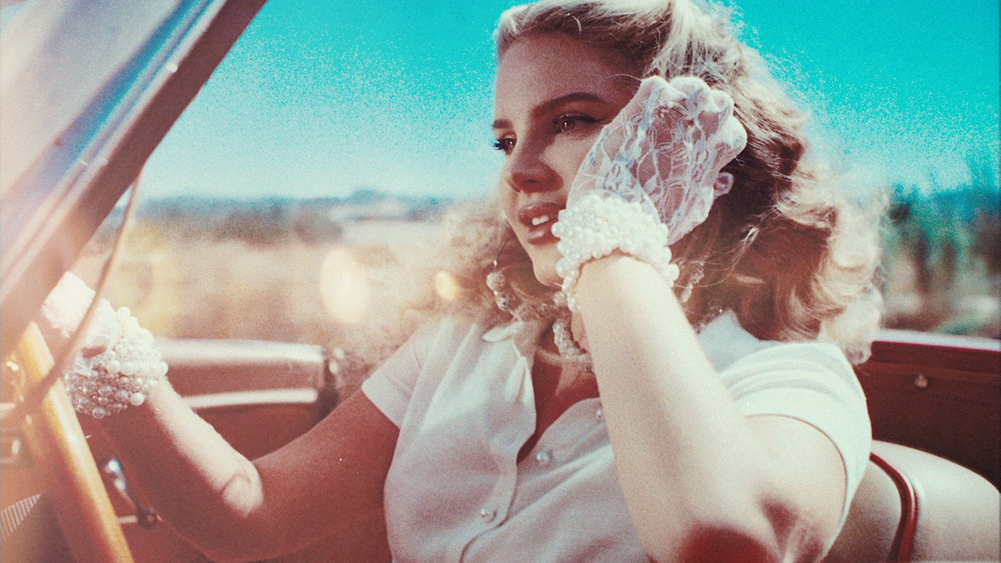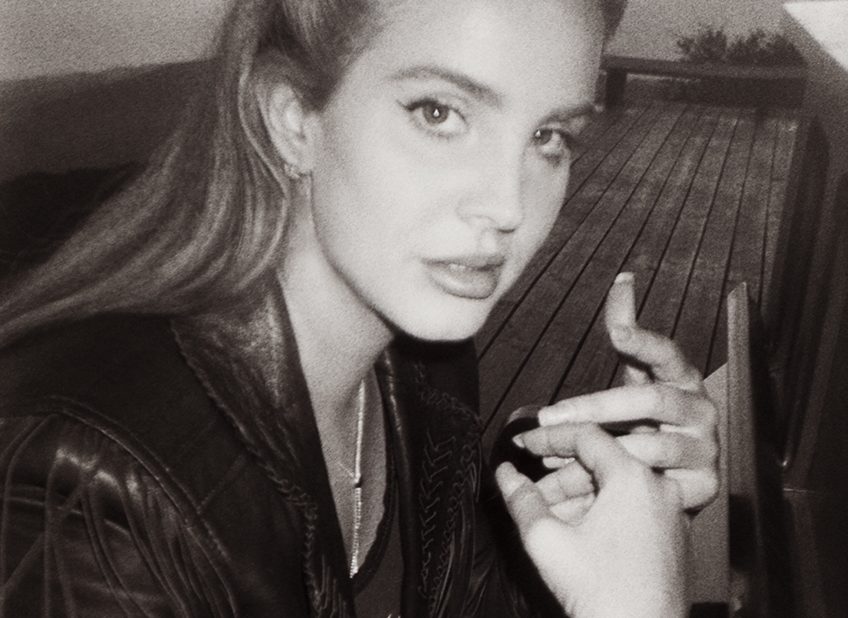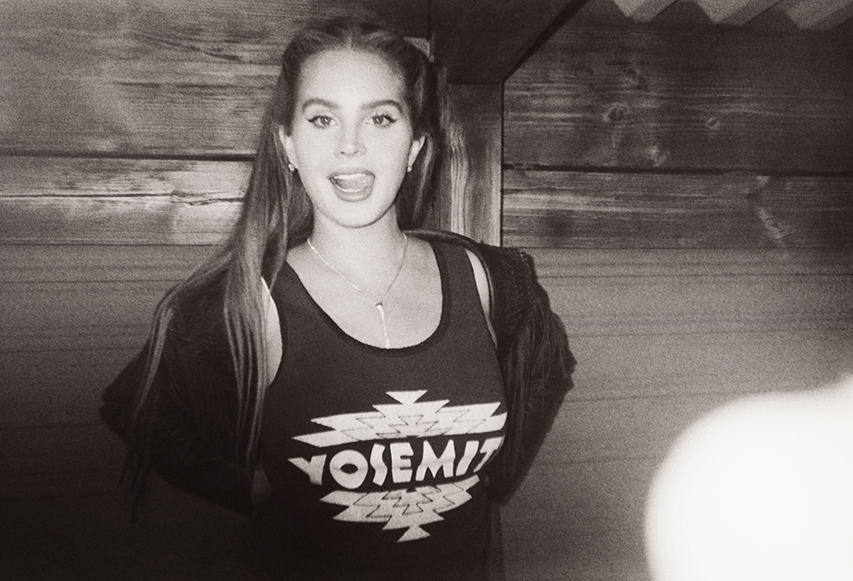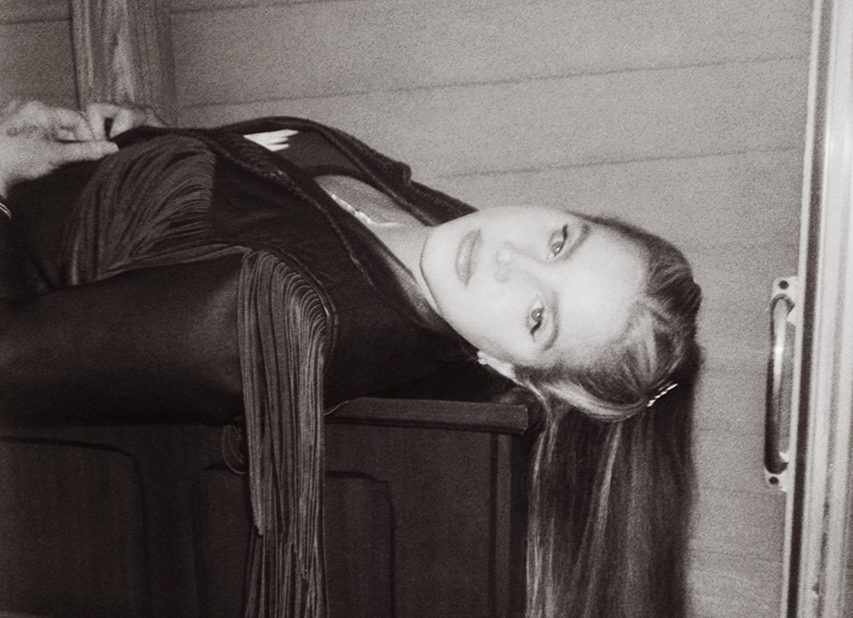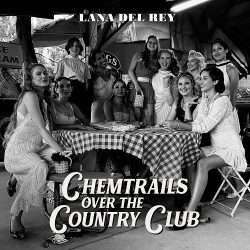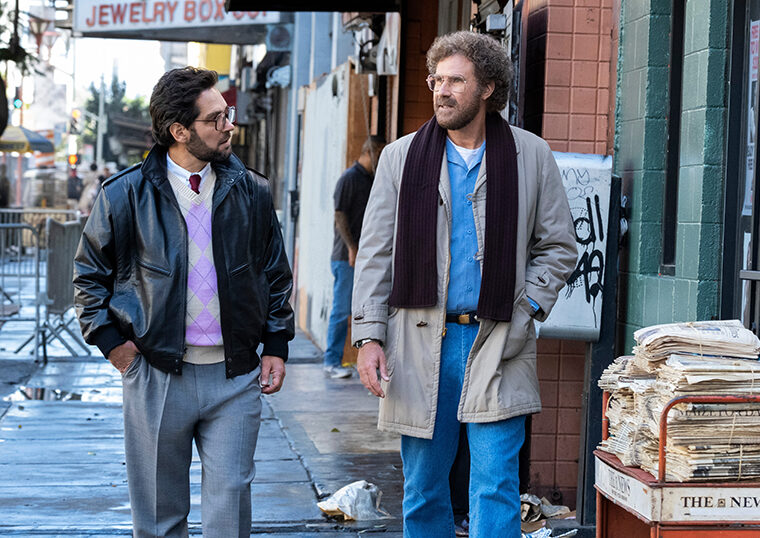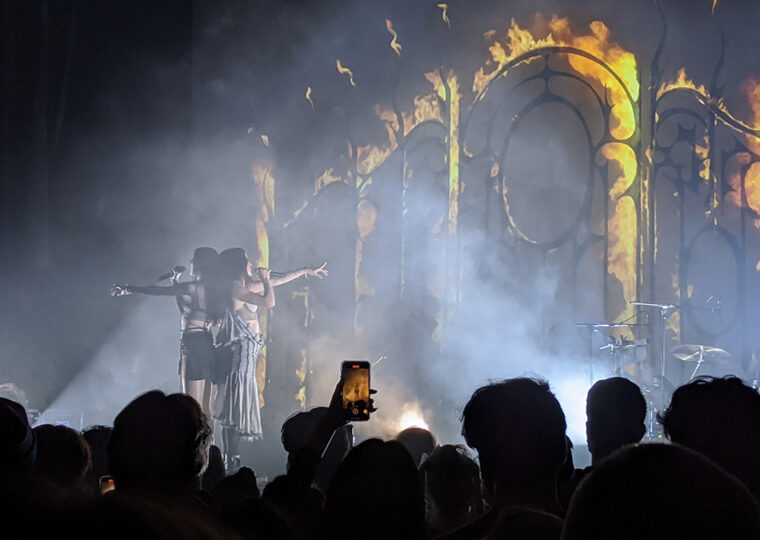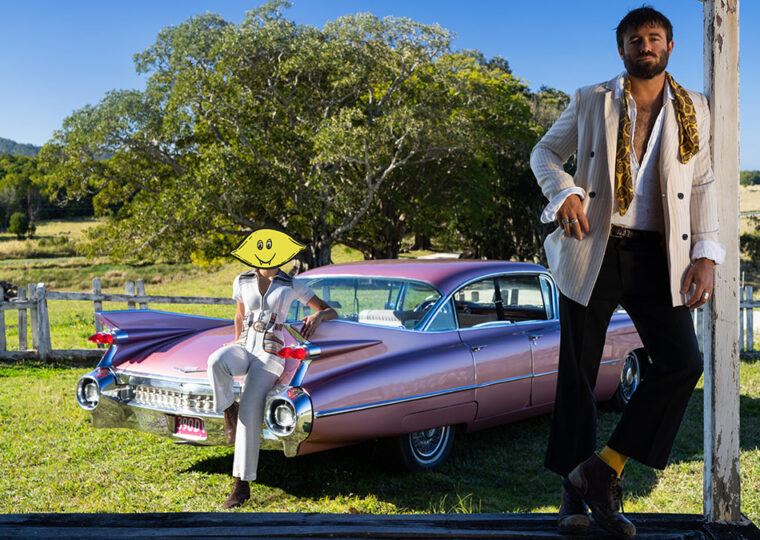Lana Del Rey’s Chemtrails is as Haunting as Ever
Few modern artists have mastered the art of the persona as effectively and influentially as sad-girl songstress Lana Del Rey.
Few modern artists have mastered the art of the persona as effectively and influentially as sad-girl songstress Lana Del Rey.
Since Lizzy Grant’s 2008 debut under the pseudonym Lana Del Rey, she has masterfully manipulated signifiers of trailer- park femininity, old Hollywood glamour and classic Americana to create a complex, elusive and often tragic character that’s now inseparable from Grant herself.
Del Rey’s intrigue has always come from her ability to juxtapose violence with glamour (she once called herself the “gangster Nancy Sinatra”). The resulting eerie beauty that’s become her signature is as haunting as ever in her new record, Chemtrails Over the Country Club.
Since her debut, Del Rey’s expertly curated aesthetic has always been reliant on a sense of ironic, darkly self-aware patriotism. Through her music, she’s documented America and its history with a scholar’s finesse. Her lyrics are saturated with references to classic jazz, Hemingway, Elvis, Marilyn, capitalism and American excess.
She paints America biblically, with reverence and hatred, with fury and eroticism. And through Chemtrails Over the Country Club, Del Rey has unleashed the full extent of her nihilism and angst during one of the most tumultuous periods in America’s history.
Chemtrails’ flawless production draws from the dreamy, baroque style she established on her critically acclaimed 2019 album Norman Fucking Rockwell!, with all the 50s nostalgia and conceptual flair of 2015’s Honeymoon.
Dealing with themes of American decay, opulence, conspiracy and madness against a backdrop of idyllic midcentury suburbia, Chemtrails is yet another confirmation of Del Rey as one of her generation’s greatest songwriters.


